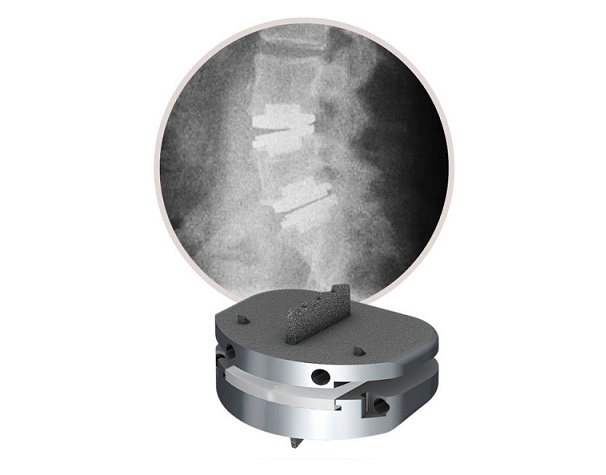November 11, 2021 / by Robert King
Most surgeons said in a recent survey that a series of Medicare reimbursement cuts expected to go into effect in 2022 could lead to longer wait times and delays as well as exacerbate a crippling labor shortage.
The survey results of 2,227 members from the American College of Surgeons provided exclusively to Fierce Healthcare by the Surgical Care Coalition, a collection of 13 advocacy groups, comes as physician groups are pressing Congress to step in and delay a series of cuts that could add up to a nearly 10% shave to Medicare reimbursements.
The survey found 57% of respondents believe the cuts would lead to longer wait times, while 56% believe the cuts could contribute to a delay in care.
Surgeons warn the potential cuts are coming at a time when the healthcare industry is facing a major labor shortage that is already straining finances. A large majority (76%) of surgeons say staffing shortages have had an impact on their practice’s ability to provide quality care.
The shortage has also caused backlogs in care.
Michael Zinner, M.D., executive director of the Miami Cancer Institute, told Fierce Healthcare in an interview that the 11-hospital system he is part of is down 800 nurses. Only 19 out of 24 operating rooms are in use because of the staffing shortfall.








